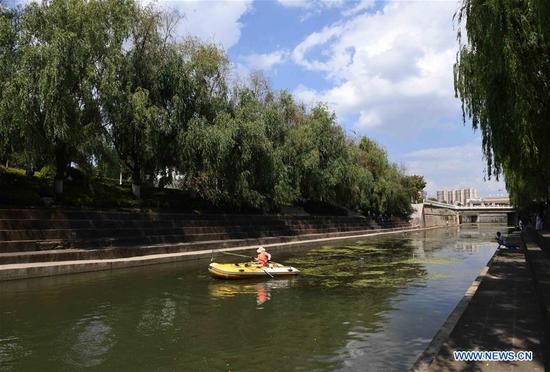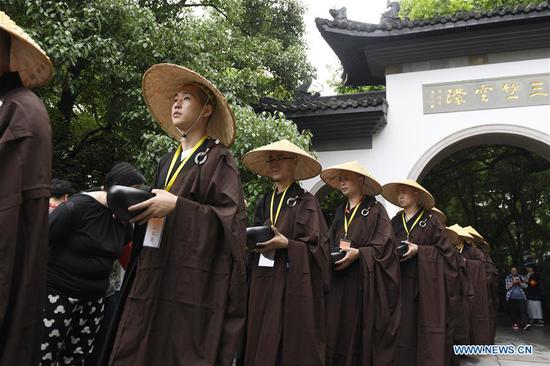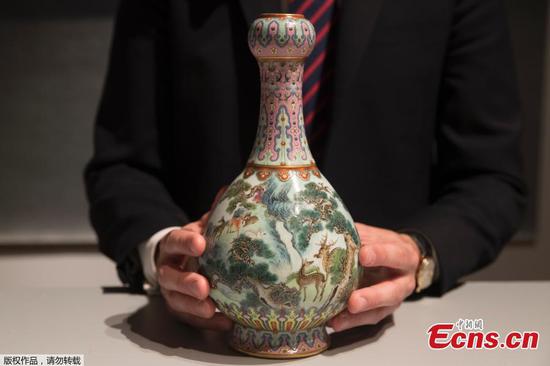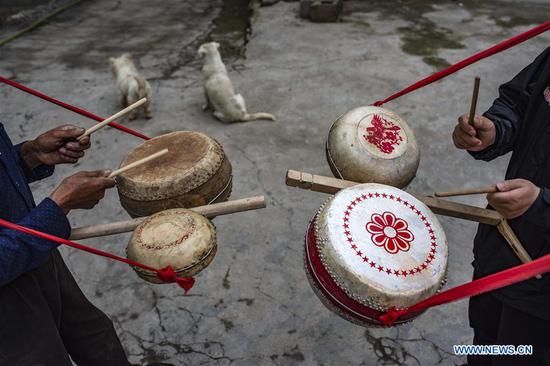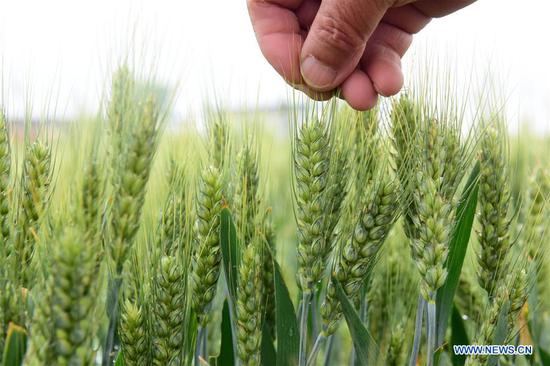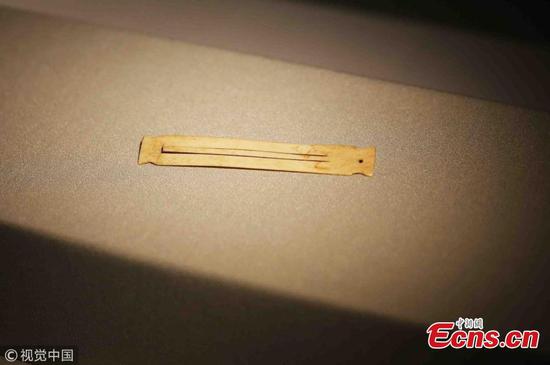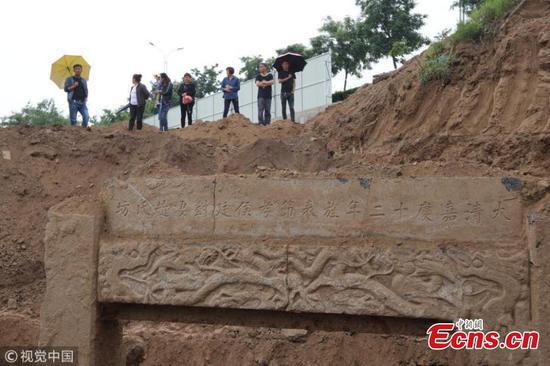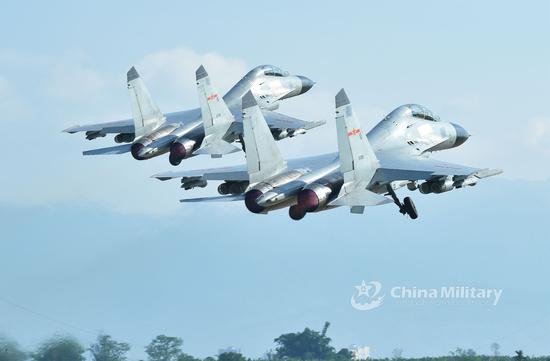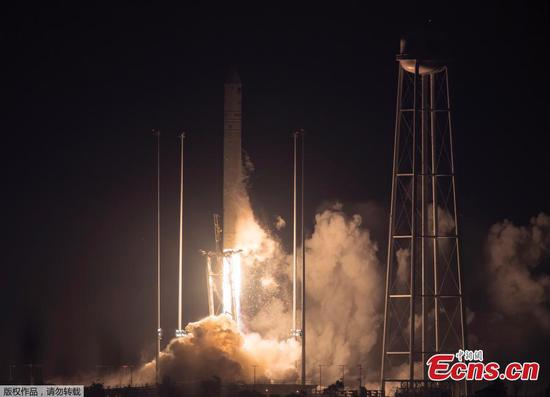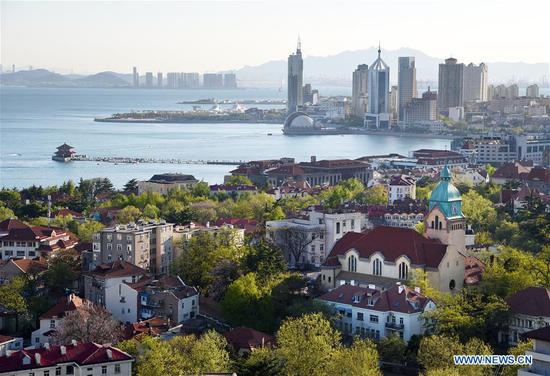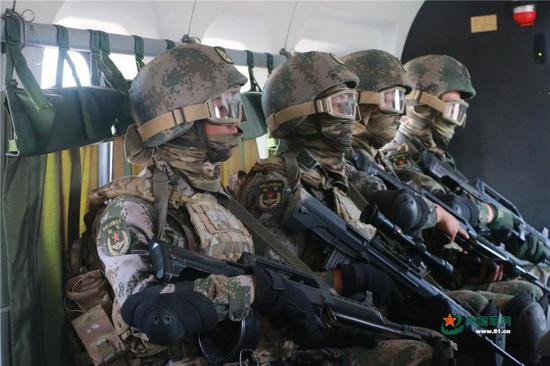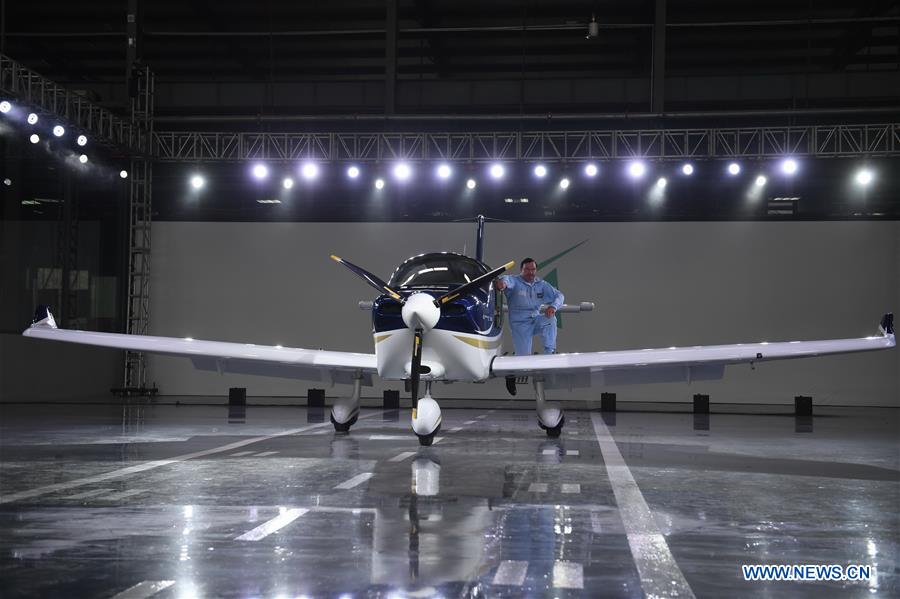Chinese authorities are looking to replicate the latest successful practices in its pilot free trade zones (FTZs) around the rest of the country.
In a circular published Wednesday, the State Council asked local authorities to adopt 27 practices that are now applied in the existing 11 FTZs as a way to pursue high-quality development and develop a modernized economy.
The practices include expanding the transport area of international ships, offering online registration for general taxpayers, facilitating inspection and quarantine for empty cargo containers shipped by sea, and sharing of enterprise information.
The State Council also ordered three practices to be replicated in particular sectors like regulation innovation for customs.
FTZs are a way of testing new policies to explore new development models and better integrate the economy with international practices.
China established its first FTZ in Shanghai in 2013. The total number of FTZs was brought to 11 after seven new FTZs were launched in April last year.
Up to 153 practices piloted in the FTZs have so far been replicated to other regions or sectors, the State Council said.























